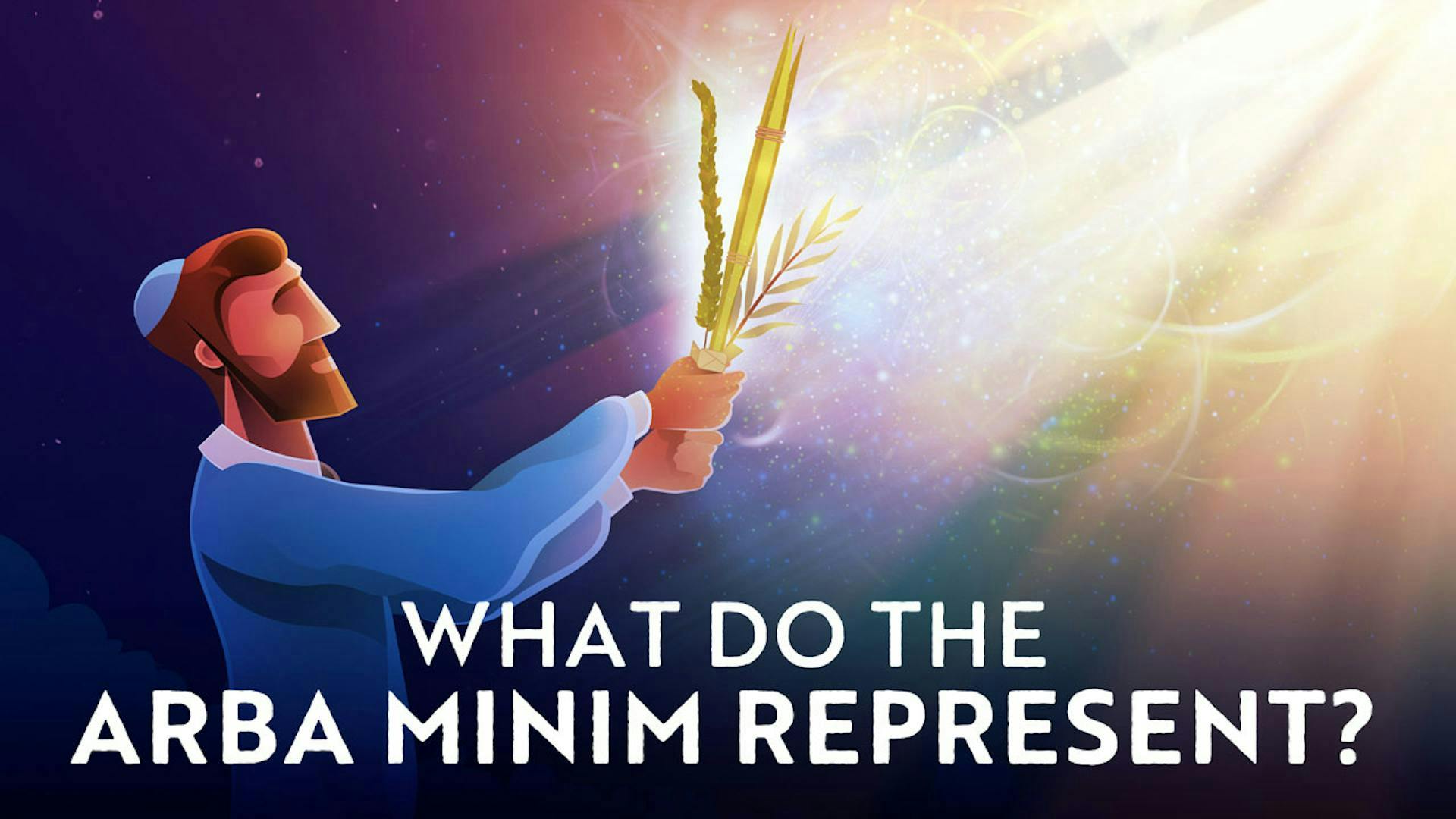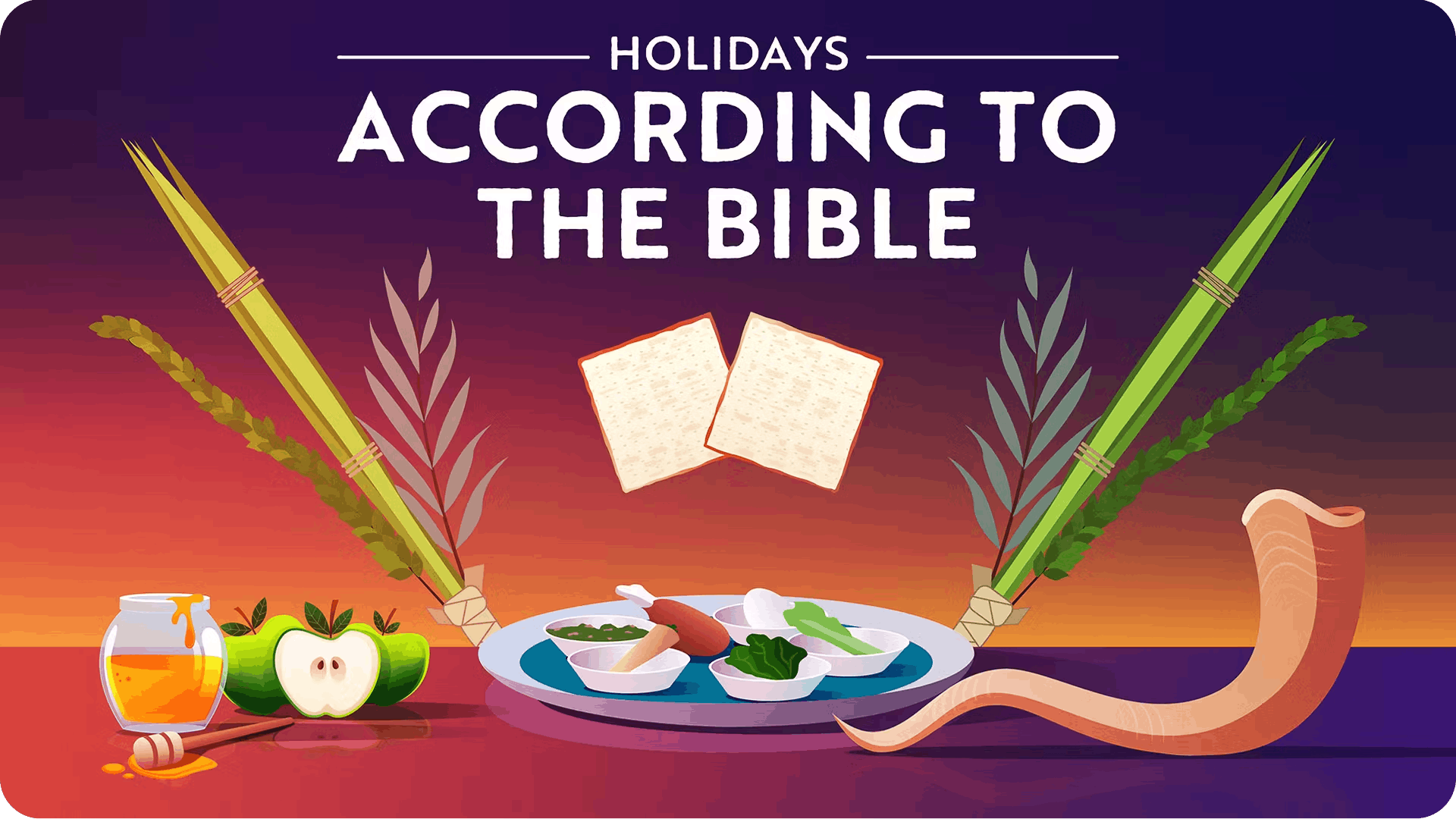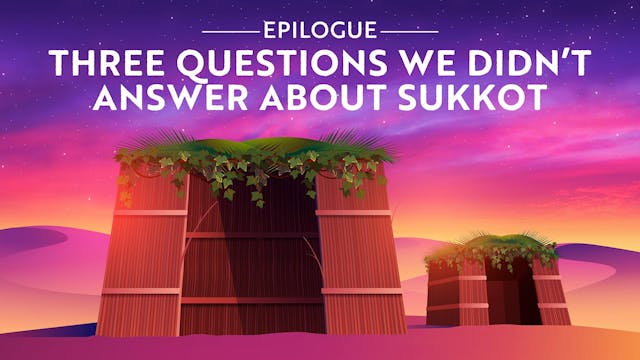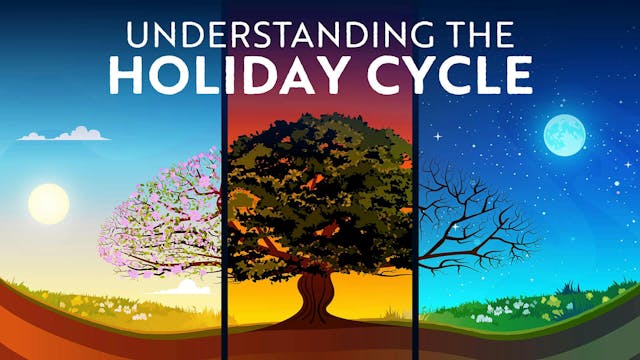SUKKOT 2026: VIDEOS & DVAR TORAH
Why Do We Celebrate Sukkot?
Because the Israelites slept in huts in the desert after fleeing Egypt. We all know that one. But is that really all there is to it, or does the Torah have more to say about the deeper meaning of this holiday?
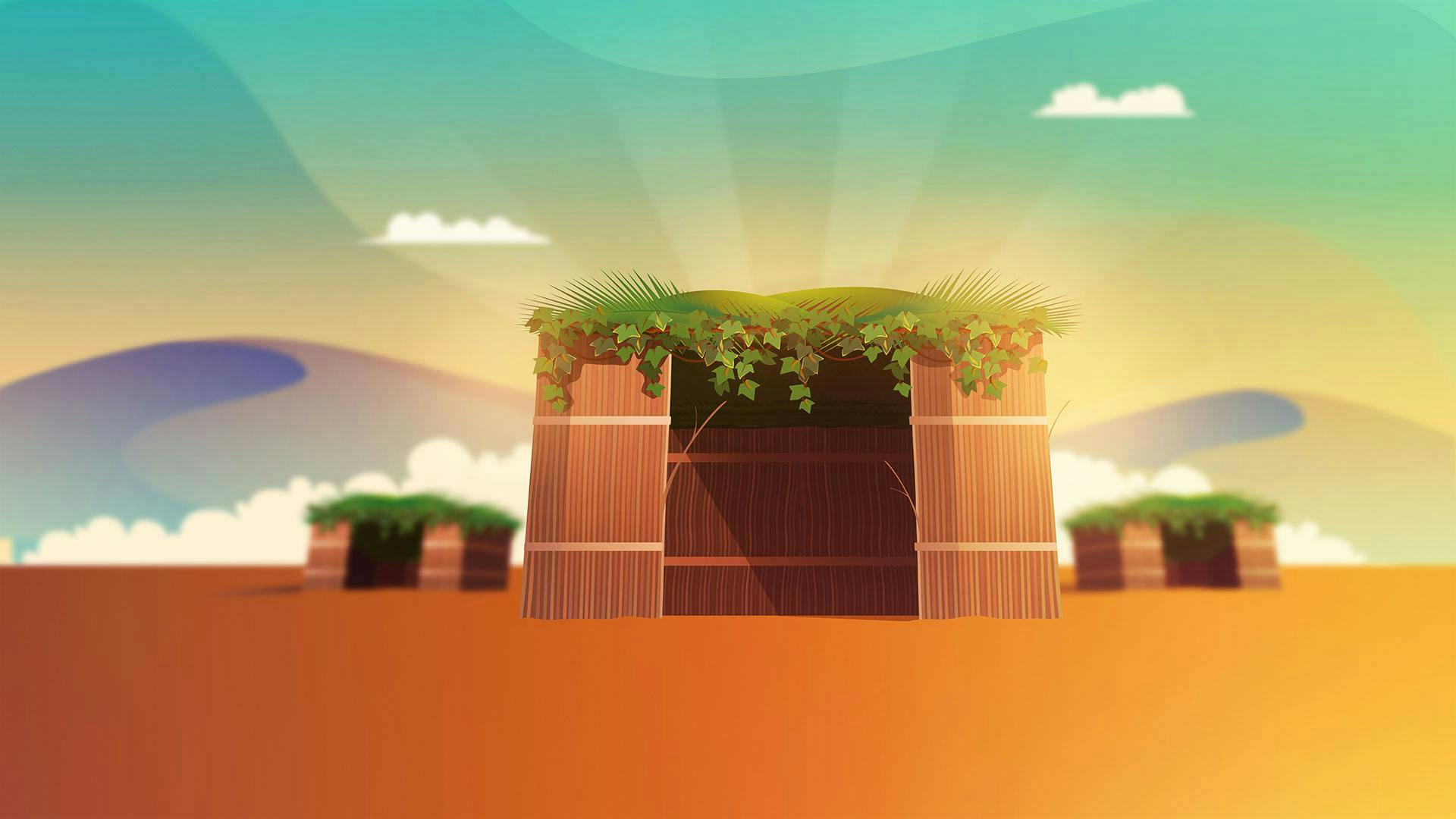
Sukkot Videos
Upcoming dates: September 25 to October 2, 2026
Sukkot Resources

Sukkot 2024: 3 Inspiring Videos to Watch for the Holiday
101 Guide
. Sukkot 2024 is coming soon. While you’re preparing for the High Holidays, take a moment to consider how you can stay inspired throughout the Sukkot holiday and beyond. These 3 incredible videos will clue you in to hidden meaning that will enhance your Sukkot holiday.
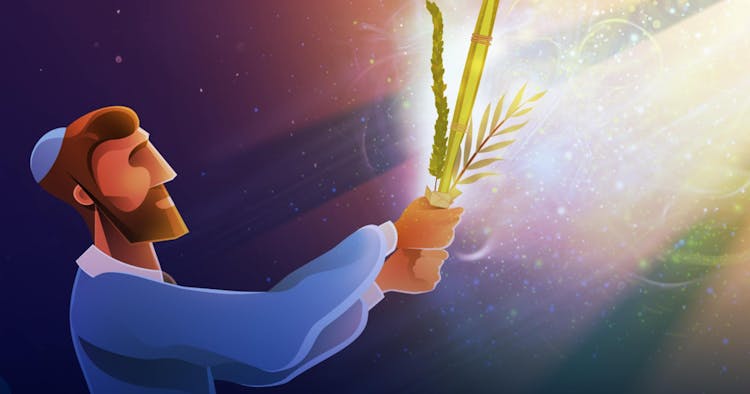
The Connection Between Joy And Sukkot
101 Guide
. Though Sukkot may appear less significant than the other two harvest festivals, its rituals are rich with meaning and overflowing with joy. What is the joy of Sukkot? And what can the arba minim teach us about deepening our relationship with God and experiencing the profound joy that comes from recognizing His blessings in our lives?
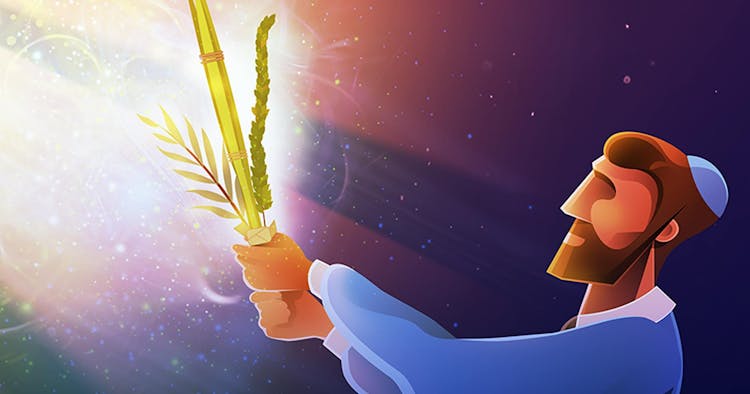
The Meaning of the Four Species of Sukkot
101 Guide
. Why do we shake the lulav and etrog on Sukkot? The ritual of the “arba minim,” the four species, appears strange, yet it is key to understanding the essence of the holiday. Discover the profound meaning behind the four species, and explore how these symbolic items can connect us to the true joy of Sukkot.

Sukkot Holiday Study Guide
Holiday Guide
Learn how how sleeping in a hut became a major Jewish holiday.
What Is Sukkot: Definition & Traditions
How We Celebrate Sukkot
Watch Why Is Sukkot Celebrated? Sukkot is the festival of 'huts' or temporary dwellings, where we eat special meals for seven days and often sleep in makeshift huts outside. On a deeper level, Sukkot celebrates the security God provided for our ancestors in the least secure of places.
When the Israelite people left Egypt to begin their journey to the Promised Land, they were a new entity. They had been slaves for generations, and suddenly they were independent, with no experience fending for themselves. They must have been terrified, as they wandered, completely vulnerable, into the wilderness.
Yet, through God’s protection, the Israelites were insulated from the harshness of the trek. They received all the sustenance they needed, their clothes never wore, and they slept in protected huts, also called sukkot, without fear of threats like snakes or scorpions. While they traveled through the terrain, God led them with a great cloud, ensuring they would never be lost.
What is Sukkot Commemorating
The Talmud records two opinions about what we commemorate on Sukkot – does Sukkot commemorate the huts we slept in, or does it commemorate the heavenly cloud that led us through the wilderness? Either way, the message is the same: God defended the defenseless, and nurtured the development of his fledgling people during their greatest time of need. Sukkot shows God’s love for us, when we were at our most vulnerable.
Today, Jews commemorate Sukkot by moving into huts of their own. We also shake the four species – the lulav, etrog, hadas, and aravot – and praise God for the many miracles he performs for us.
But it seems strange that Sukkot is celebrated so many months after Pesach, when the Israelites first entered the wilderness. And what makes Sukkot meaningful today, when for many of us our lives seem so secure? The videos above tackle some of these big questions.
If you enjoyed learning about Sukkot, find out more about the other High Holidays with Aleph Beta including Rosh Hashanah, Yom Kippur & How To Prepare For Rosh Hashanah.


